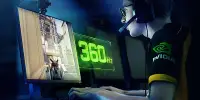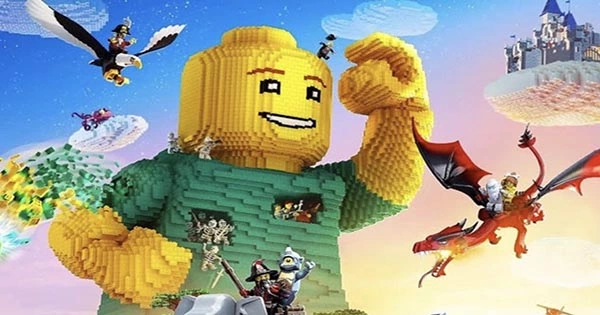Reggie Fils-Aimé made the decision to leave Nintendo in February 2019 after 16 years, 13 of which he served as the division’s president and chief operating officer. It was a successful run, marked by more highs (Wii, Switch) than lows (Wii U), occurring amid a period of rapid expansion for the gaming industry. Being a career serial executive, Fils-Aimé withdrew from that area of the business while continuing to be active in the gaming sector. He joined the investment and consultancy firm Brentwood Growth Partners, served on the board of GameStop (until quitting in 2021), and even briefly had a gaming podcast (as one does during a global pandemic).
He published the book “Disrupting the Game” earlier this month, which details his journey from the Bronx to the Nintendo executive suites. We spoke with Fils-Aimé to learn more about his tenure at Nintendo, his ambitions for a $200 million SPAC, and the direction he believes gaming will take.
I was going to inquire about your retirement, but the word “retirement” could be overused. Doing activities I enjoy doing with people I enjoy doing them with is how I define retirement. So whether it’s board service, my involvement in the SPAC, or writing and launching the book, it’s my version of retirement, and I’m really enjoying it.
What are the SPAC’s future plans? The SPAC operates in the expansive field of digital entertainment. In December of last year, we went public. We went public as a result of an approximately $1 billion oversubscription. Our war chest is $230 million. However, with a billion dollars still available, that implies we may pursue a sizable purchase and IPO it through the SPAC procedure. We have till September of the following year to choose our target and carry out the deal. Meetings are already being set up with a wide range of businesses and potential participants.
Which game trends particularly have you most enthused? Web3 will undoubtedly generate some chances, in my opinion. I believe that blockchain in particular might result in some novel forms of digital entertainment. The creative economy, in my opinion, offers special prospects. Everyone aspires to be an artist. These tools and the businesses using them have a good chance of succeeding. Another point I’d want to make is that, even though there have been a lot of significant acquisitions in the game industry, I do think it will lead to the emergence of new, independent businesses run by artists who just do not want to be a part of these bigger organizations.
The console market has long been dominated by three players. Are there any openings for new players? I do. Many businesses are using fresh and distinctive approaches to building the following platform. Take a look at what Valve is doing for PCs. Steam and Steam Deck are available. They want to develop a portable gaming experience for primarily PC-style games. That may develop into a different platform in the future.
What Epic is doing, in my opinion, is quite intriguing. Unreal, which has established a basis for game makers, is an obvious choice. Animation professionals and others working in the film sector also utilize Unreal Now. That may develop into a new kind of platform. Unity is competing in the same arena, although I believe they are lagging a bit behind. Yes, I believe there is opportunity for more platforms, but they will be distinct from, say, Sony, Microsoft, or Nintendo.
















